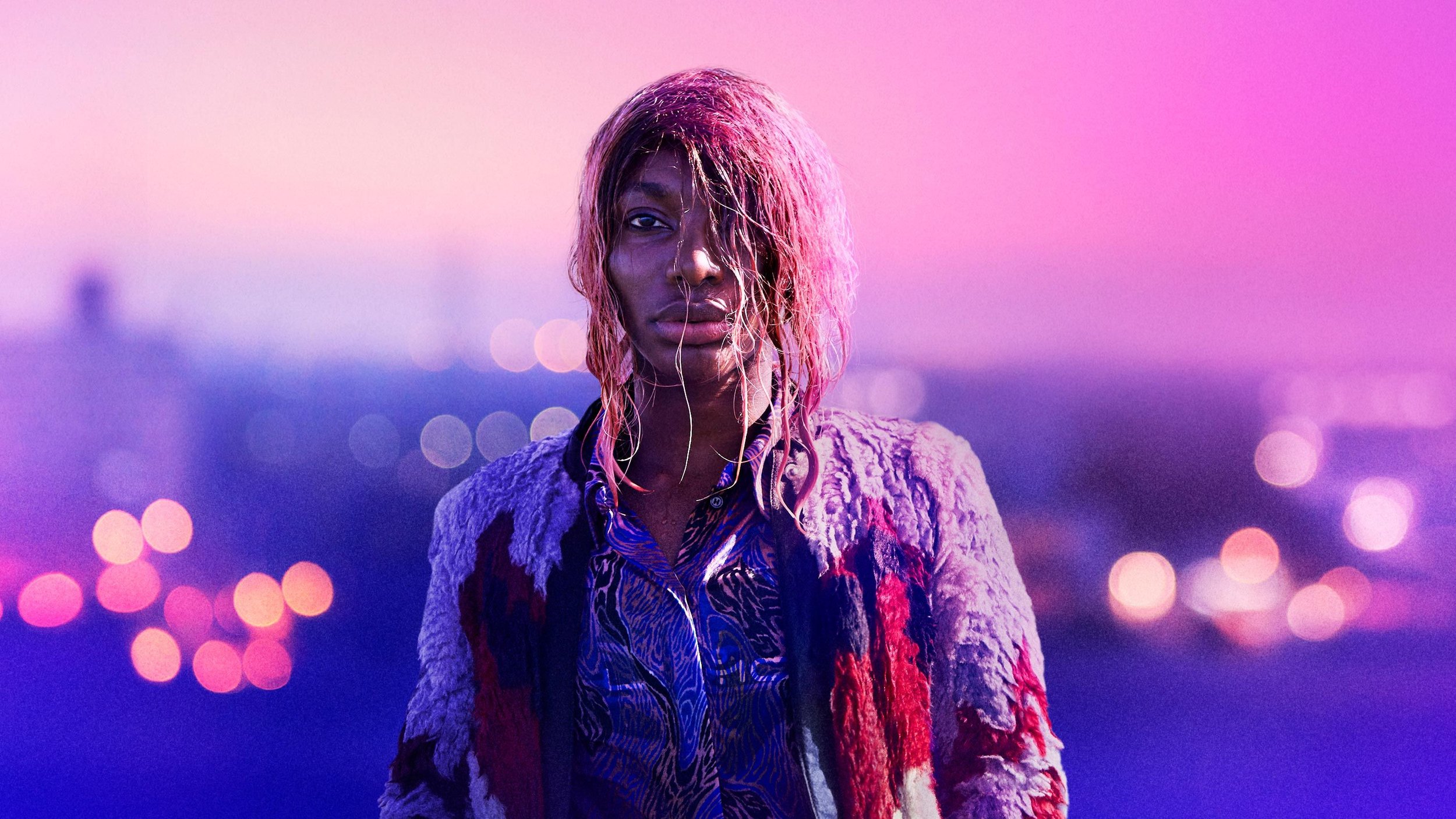‘I May Destroy You’ delivers an achingly human depiction of recovery from sexual assault
Originally published November 9, 2021 by Cameron Patel, Arts and Entertainment Editor
This article contains discussion of sexual violence that may be triggering to some readers.
Arabella (Michaela Coel), whose story of sexual assault and recovery are the focus of the show.
Michaela Coel’s heavily autobiographical narrative is a masterpiece, showing the winding road to recovery and the complicated emotions it inspires.
I May Destroy You follows Arabella—played by Coel—as she comes to terms with her assault and it also dives into the lives of Kwame (Paapa Essiedu) and Terry (Weruche Opia), who go on equally tumultuous journeys of self-reflection and recovery. Each character has stunning depth and is flawed in ways that make them more human.
Coel, Essiedu and Opia all deliver incredible performances that made me laugh and cry in equal measure. In scenes of both raucous friendship and quiet introspection, they are spot on with their depictions of how emotional sexual assault can be both for survivors and their loved ones.
While there were certainly moments that I wanted to yell at the characters for how they treated each other, those scenes never feel like they were written for the sake of drama. Each conflict very realistically stems from the cascading effects of sexual assault and other struggles with mental health, likely because Coel drew upon her own experiences to make the story as authentic as possible in its representation of the topic.
This tension between the recovering person and their loved ones is shown perfectly when Arabella begins to accuse one of her friends of sexual assault when he was, in fact, the victim. Having become obsessed with justice and the validation she’s received from calling out perpetrators of assault, she refuses to listen to Kwame when he describes his experience.
I wanted to throw something at the screen during that scene, but I couldn’t help but appreciate how well developed the conflict was. Arabella had become increasingly focused on social media and how people online discuss sexual assault, and Kwame had been coping with a recent assault. Their fight was inevitable, and the way it played out was intensely realistic.
I May Destroy You is also a refreshing departure from the overwhelmingly white image of sexual trauma in the media. It explores how people of all races and genders can be survivors of sexual assault, but it especially focuses on the intersections of Blackness, womanhood and queerness.
Arabella and most of the main characters of the show are Black, and they are clearly written by Black creators like Coel. Aspects like familial relationships, beauty standards among Black women and perceptions of whiteness are explored alongside the overall themes of sexual assault in the show.
The inclusion of Arabella’s changing hair and choice in wigs following her assault is something that was clearly written by a Black creator. Where white writers may show the broad strokes of what it means to be a person of color, I May Destroy You thrives when Blackness is woven into the story in major and minor ways.
Given that most stories about sexual assault tend to be focused on white women—such as Game of Thrones, Unbelievable and The Sopranos—I May Destroy You centers on Black survivors, one of whom is a man and diversifies who is represented when it comes to sexual violence.
The show also presents a complex picture of the perpetrators of sexual assault. Several different forms of sexual violence are shown, and I May Destroy You devotes time to explore the stories of those who commit assault.
Many—understandably—revile perpetrators of sexual assault and leave their characters as one-dimensional predators, but Coel explores their potential motivations, beliefs, and humanity.
Arabella’s attacker—David—is alluded to having been a victim of sexual assault himself. Given that many sex offenders are themselves victims of childhood sexual abuse, this is a storyline that is both realistic and intensely relevant.
Zain, another assaulter, has significant character development. He goes from assaulting Arabella—via the nonconsensual removal of a condom—to helping her finish her novel. While they are certainly not friends by the end of the story, Zain is given an opportunity to understand his actions and make some reparations.
That is not to say that the show glorifies these characters, but it does present a nuanced look at who they are as people, especially in the finale.
The final episode—which is by far my favorite—is visually stunning, as is the rest of the show. A combination of costume design and lighting lends the series a surreal appearance, which perfectly blends with Arabella’s feelings of dissociation in the months after her assault.
The writing of the story is phenomenal, but the visuals immerse the viewers in Arabella’s headspace, creating a visceral sense of her experiences, especially when emotions run high. Viewers can see how Arabella is cutting to the core of her thoughts and coming to a realization that concludes the show.
Such scenes are made even more impactful by the soundtrack, which truly completes the show. Music often plays and is suddenly cut off to represent characters’ state of mind, giving viewers a glimpse into their psyche without requiring internal narration.
This is often paired with a high pitched ringing that represents flashbacks to an assault. Both Arabella and Kwame’s characters have moments where the music cuts off and the ringing replaces it, such as when Kwame is trying to become comfortable being intimate with others again.
Those auditory cues plus the visuals and generally astounding writing easily makes I May Destroy You one of the best things I’ve seen this year.
I May Destroy You masterfully combines nuanced writing, heart-wrenching acting, stunning visuals, and an unbeatable soundtrack to create an incredible series that immerses the viewers in Arabella’s world and realistically explores the effects of sexual assault. I would highly recommend it to anyone looking for a thoughtful, engaging representation of sexual assault and recovery.

























